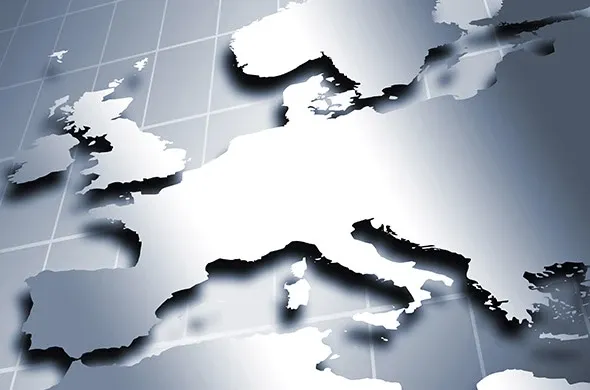UK Establishes Tech Equality Taskforce
15 prominent women in the UK founded a task force to address gender disparities in the tech sector.

European leaders struck by a wave of terror attacks are putting added pressure on technology companies including Facebook, Twitter and Google to weed out extremist content spread with social media, and to make their data available to law enforcement authorities, according to Bloomberg.
Technology companies were instructed to develop methods that automatically detect and remove content that may incite violence. “Industry has its own responsibility to help combat terrorism and crime online,“ the bloc’s 28 governments said in a statement during a summit in Brussels on Thursday. “This should be complemented by the relevant legislative measures at EU level, if necessary.“
Heads of state and government from the world’s largest economic bloc gathered in the Belgian capital to discuss, among other topics, ways to fight terrorism. Europe is facing an increasing frequency of attacks: Belgian police shot and killed a suspect attempting to trigger a major explosion at the central train station of Brussels earlier this week; the U.K. has been struck several times, including a bombing in Manchester last month that killed 22 people; and there have also been deadly incidents in Germany and France.
The plots have led to calls for more restrictions of social media and increased government surveillance powers, adding to the ongoing global debate about balancing security and privacy. British Prime Minister Theresa May called for restrictive measures against terrorist propaganda online after the latest attacks in London. The U.K. government has also sought more power to monitor online communication, including text messaging platforms.
“The European Council considers that effective access to electronic evidence is essential to combating serious crime and terrorism and that, subject to appropriate safeguards, the availability of data should be secured,“ EU leaders said in their statement.
Responding to the criticism, global technology companies have begun to act more aggressively to censor extremist content. Google said this week that it’s creating new policies and practices to suppress terrorism-related content on platforms including YouTube. Facebook, which had previously announced it was hiring more people to manually filter questionable content, said it will use artificial intelligence that can understand language and analyze images to try to keep terrorists from using the site for recruitment and propaganda.
European leaders believe the technology companies have the ability to more effectively keep the material off the internet. In its statement, the EU “calls for addressing the challenges posed by systems that allow terrorists to communicate in ways that competent authorities cannot access, including end-to-end encryption, while safeguarding the benefits these systems bring for the protection of privacy, data and communication.“